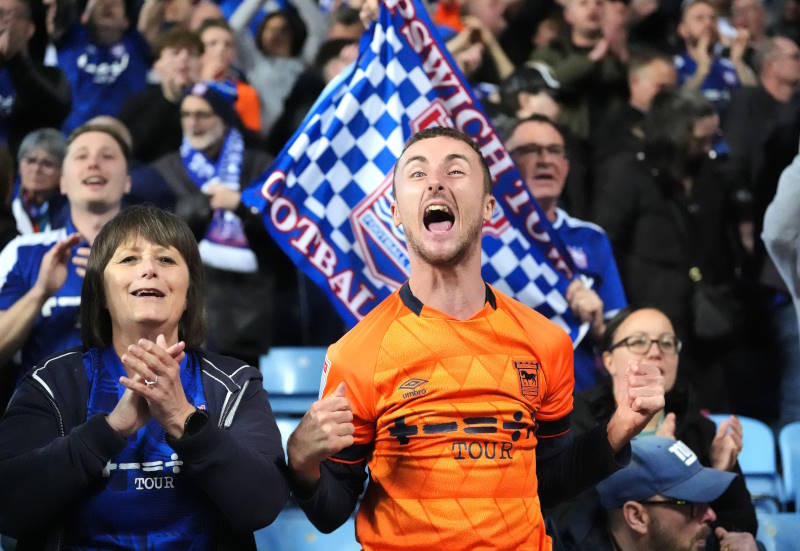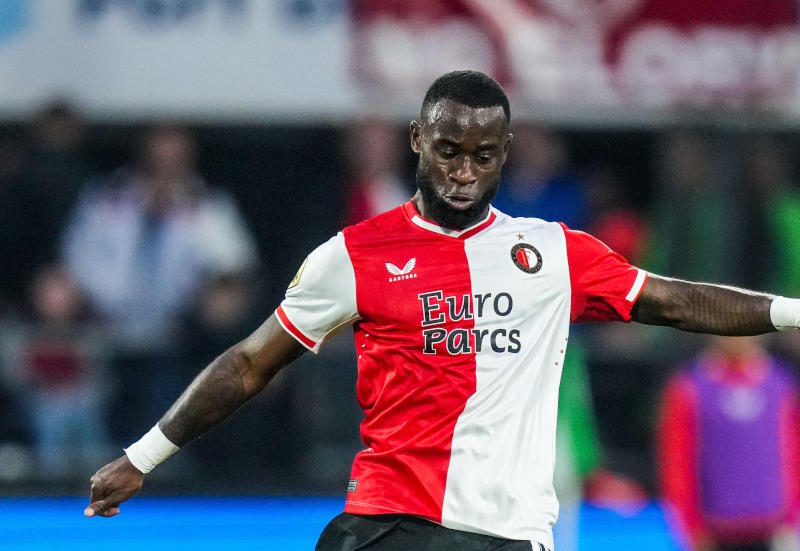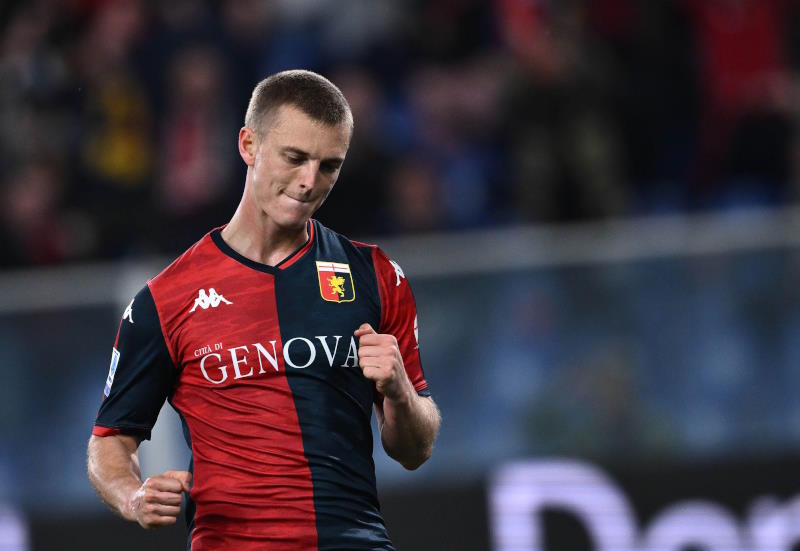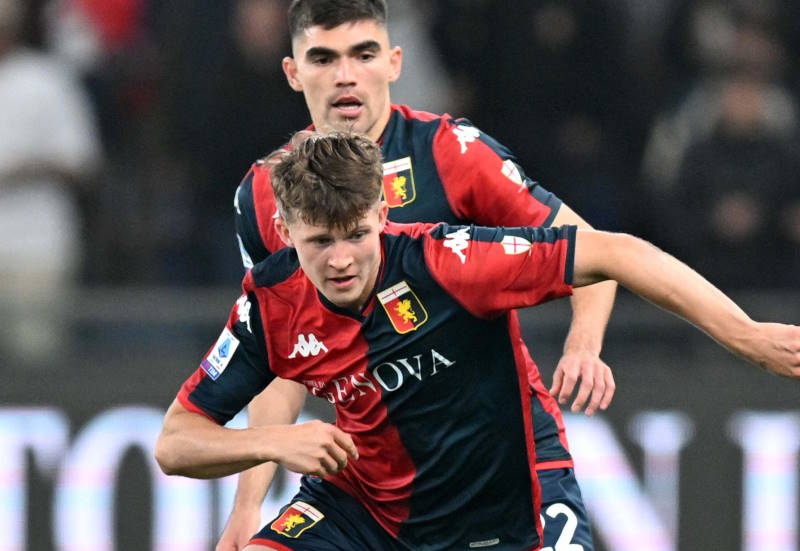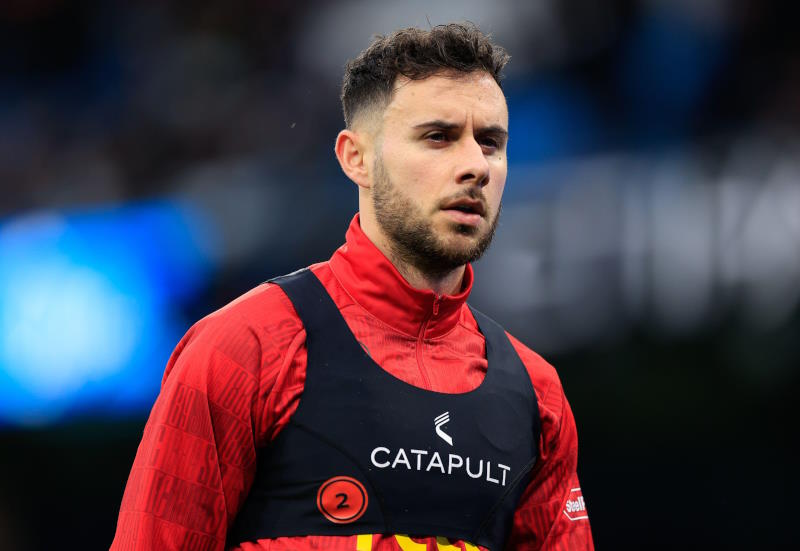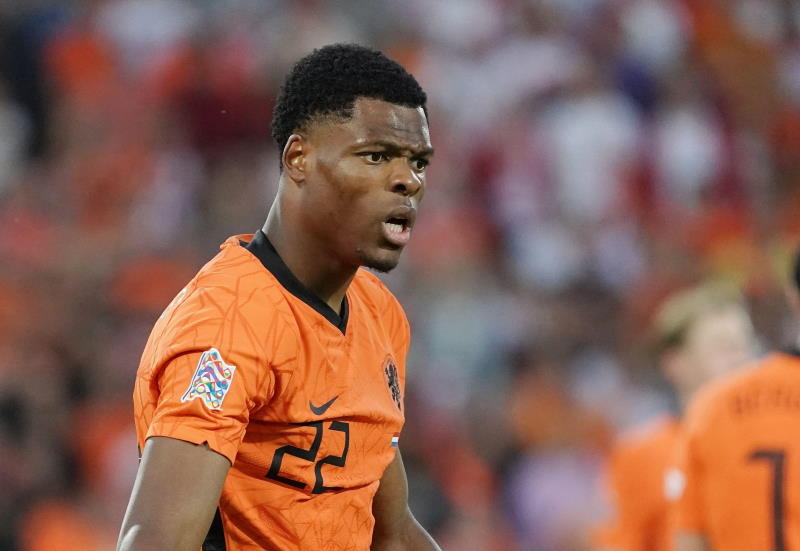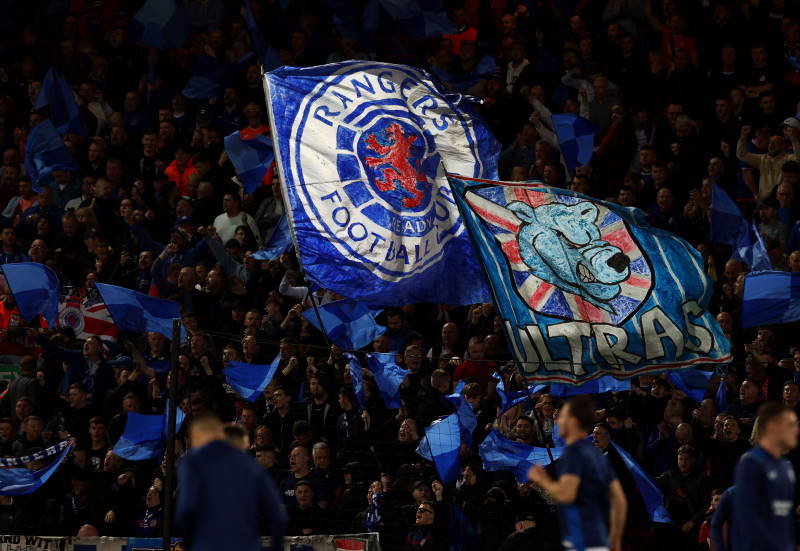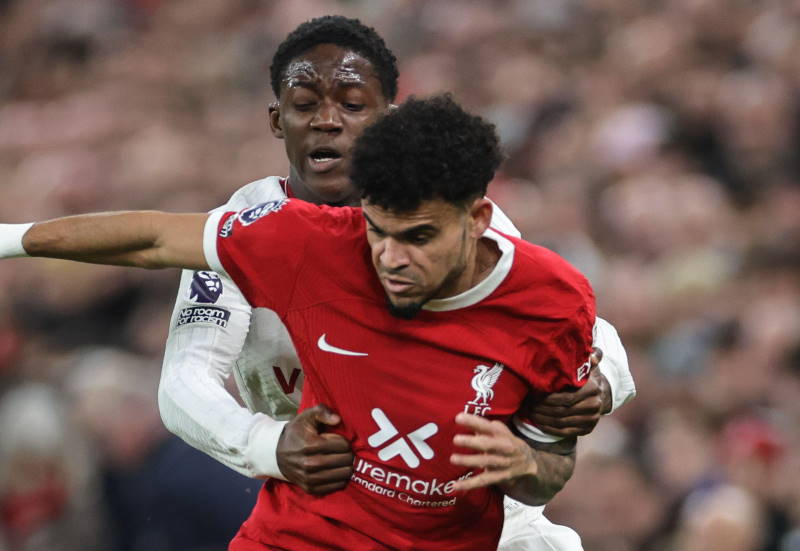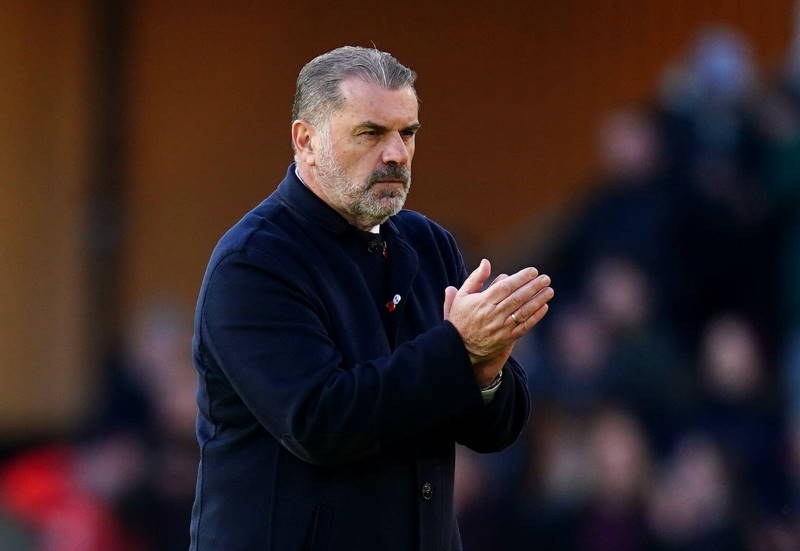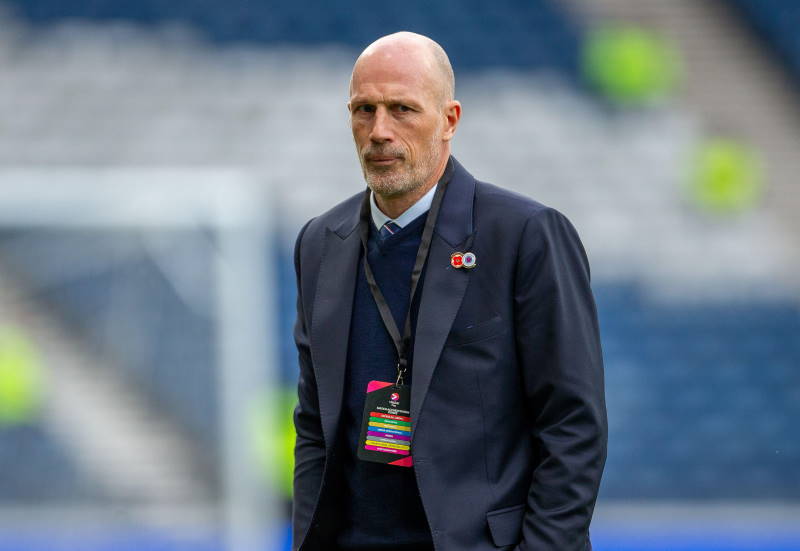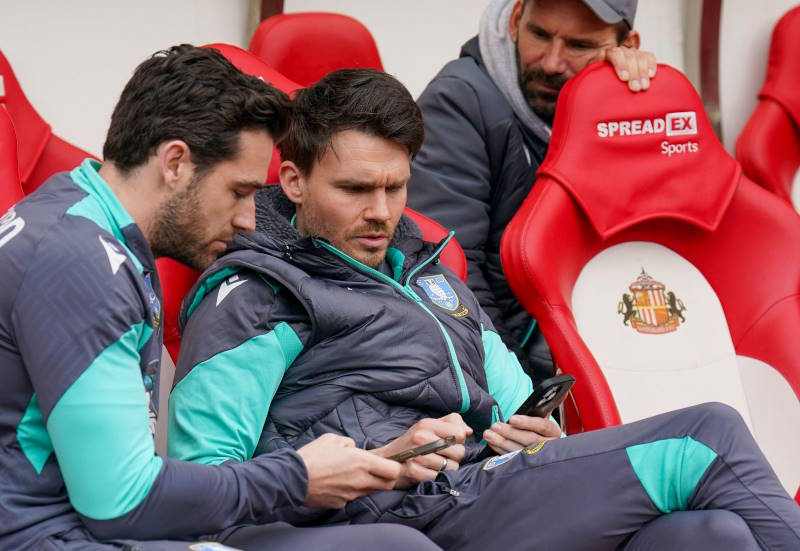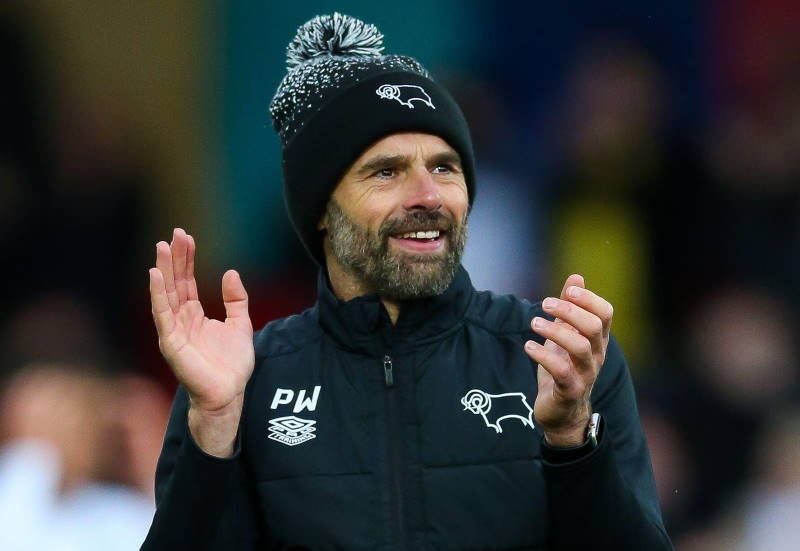
André Savastano
This year's Brasileirão is widely considered to have been one of the best of all time, and most certainly the best since a European style league model was adopted. The contest went right down to the wire and as the final matchday kicked off there were still, amazingly, four teams capable of ending the day as champions. Flamengo, Internacional, Palmeiras and Sao Paulo fought for the title until the very last. Also significant was that eventual winners Flamengo ended the hegemony of the city of Sao Paulo, which had delivered the champions for the past five years.
But what has made so many observers of Brazilian football label this season one of the best of all time? A number of factors to be sure, but crucial was the return of a raft of great players to Brazil. Legendary striker Ronaldo played the entire season with Corinthians, dazzling audiences and picking up Paulistao and Copa do Brasil winners medals, at the same time ensuring the club's spot in next years Copa Libertadores. Corinthians fans themselves are united in a belief that the club could have won the title too had they not sold stars Andre Santos, Christian and Douglas in the summer transfer window. Champions Flamengo also saw the return of an old favourite as Adriano cancelled his contract with Serie A giants Inter and returned to his first love, ending as joint league top scorer with 19 goals.
The average attendance of the league rose too. Flamengo helped this, with an average of 40,036 heading to the Maracanã to urge their side on. Yet they weren't the only big draws: Atletico Mineiro, Sao Paulo, Fluminense, Cruzeiro, Corinthians, Palmeiras and Internacional also helped the numbers look considerably brighter. 2009 saw an average attendance per game of 17,580, which is the highest since 1987. Progress indeed.
Internacional, like fellow title challengers Corinthians, lost talent in the summer transfer window – so often a bugbear of Brazilian supporters who can often see a different team take to the pitch after European vultures have had their way – mainly in the form of striker Nilmar. The 25-year-old stood out in the division as a class act and it was no surprise when Villarreal moved for him. Internacional though lost much of their impetuous with his departure. Even so, the club secured their spot in the 2010 Copa Libertadores – along with Sao Paulo and Cruzeiro – so the season is far from a failure.
Further down the table Gremio enjoyed a campaign of note, not losing a single match in their Olimpico Monumental stadium, ending the season with the best home record. Despite this, the club only managed one win away from home, at relegated Nautico, picking up in total just eight out of 57 points away from Porto Alegre. This saw the club finish behind even newly promoted Avai, who finished sixth and enjoyed a wonderful season, with coach Silas earning a nomination for the Coach of the Year award. He has since left the club and is a sure bet to earn a big job.
At the bottom end of the table, Sport, although having the dreaded cauldron of Ilha do Retiro to rely on, were the first team to be relegated. During the 2009 Copa Libertadores, which Sport qualified for through having won the previous year's Copa do Brasil, the team played poor football, struggling badly. It was an episode from which they suffered and certainly contributed to their relegation.
Another team from Recife to be relegated were Nautico, also owners of a fearsome ground to visit. The club had struggled against relegation in previous seasons and this time were not able to keep their heads above water. Small Santo Andre and Coritiba also went down to Serie B.
One big club escaping the drop were Fluminense. Surviving by just a single point, the Tricolor produced a simply remarkable run to keep their Serie A status. After their 27th match, in the 38 game season, a derby loss to Flamengo, the situation looked bleak. Indeed, calculators came out, and mathematicians considered the club had a 99% per cent chance of being relegated. Fluminense, never ones to take any notice of odds, went unbeaten for the remainder of the season, and stayed up.
Despite the loss of a big club like Coritiba, Serie A can look forward to the return of Vasco da Gama to the top flight after the Rio side easily won Serie B. Joining them will be Ceara, Atletico Goianiense and 1978 champions Guarani.
At the end of year CBF (Brazilian FA) ceremony, in addition to the usual trophies and medals a Team of the Year was chosen, it read: Victor (Gremio), Jonathan (Cruzeiro), Andre Dias (Sao Paulo), Miranda (Sao Paulo), Julio Cesar (Goias), Hernanes (Sao Paulo), Guinazu (Internacional), Diego Souza (Palmeiras), Dejan Petkovic (Flamengo), Diego Tardelli (Atletico Mineiro) and Adriano (Flamengo). Andrade, Flamengo's title winning coach picked up Coach of the Year, and the New Player of the Year award went to newly promoted Barueri's striker Fernandinho. Conca, the Fluminense midfielder bagged Best Player (voted for by the fans) and Diego Souza was chosen as Best Player by the CBF. The award for Best Crowd went to Flamengo.
Related Articles:
- – Flamengo End 17 Years of Title Famine in Brazil
- – Ronaldo Leading Old Guard Selecao Charge
- – Should Brazil Ditch European League Model?

